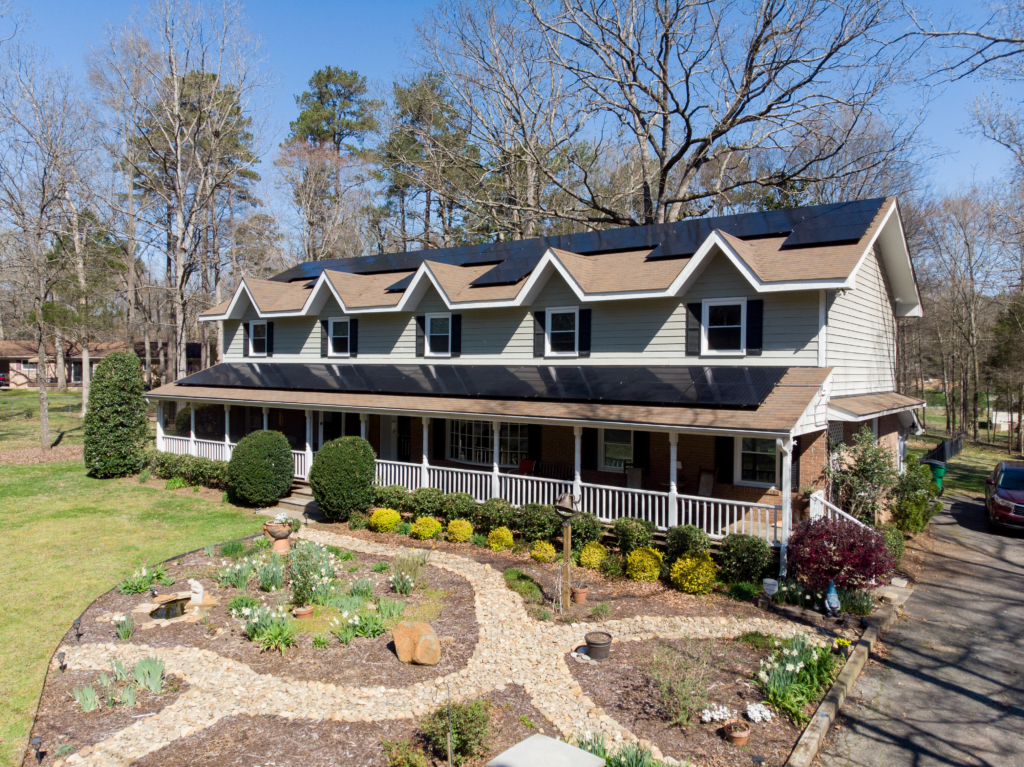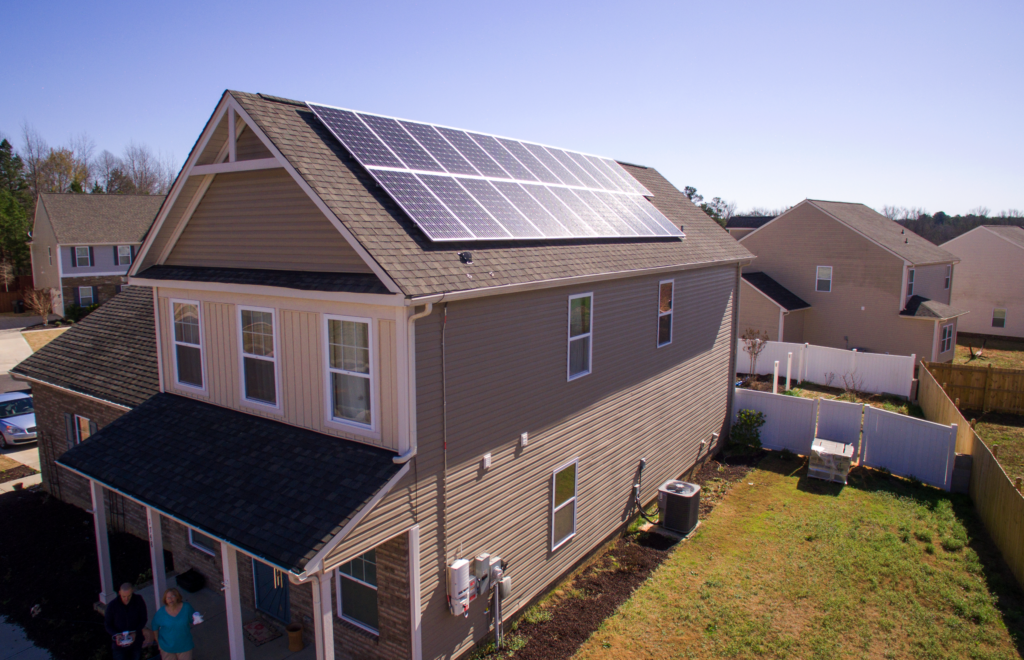S
Solar Helps When Rates Increase
Awesome Solar CTA. Really Amazing…
Solar Helps When Rates Increase
In the Carolinas, it’s safe to say electric rates won’t be coming down in the next few years. There are a number of reasons why power companies are authorized to ask for rate increases, which state regulators may then approve:
- Cost of purchasing power added to the grid
- Passing along fuel cost increases
- Grid enhancements or modernization
- Cost of programs the utility is providing, energy efficiency services or products
Produce solar, reduce grid energy use
Everyone is connected to the grid, so it’s easy to feel like rate increases are just a necessary part of life. Rate hikes affect e
very electricity user, right? Not exactly.
Investing in solar energy means using less energy from the utility company – often a lot less! Assuming a solar energy system lasts at least 25 years (the term of the warranty on all our systems) it’s not hard to work out the price solar power over that time and compare it to utility power, factoring in future rate hikes. Doing this math shows just how much money solar is likely to save the customer – for homeowners, it can be hundreds of dollars a year, and for larger non-residential solar installations it can save thousands, and these savings increase any time rates go up.
When rate hikes hit, solar helps beat bigger bills
Rate increases are proposed all around the Carolinas – Duke Energy Carolinas in South Carolina currently plans a rate hike that could increase customers’ energy cost as much as 12%. North Carolinians will soon be paying more per kilowatt hour for grid energy too. If that doesn’t sound palatable to you, protect your budget and send the utility a message in favor of affordable, clean energy by going solar now!
![]()

Frequently Asked Questions About Solar Energy Systems:
How exactly does going solar and a solar system itself work?
How many solar panels do I need for my home?
Roof-size/available space: When we look at the size of your roof and the space available, we gather data that tell us the maximum number of solar panels your home or site can hold and we even consider shading. We use a software “Suneye” which takes a 360 picture of your roof and we use this photo to determine if your home is a good candidate for solar.
Energy Usage: When we determine energy usage we look at your past electrical bills from over the course of a year to make sure your system isn’t too big or too small.
Your Budget: We take your budget seriously and most importantly, we want you to be satisfied with our services. We take your feedback on how much you want to spend so that we can size your system appropriately.
What is solar net-metering?
Does Duke Energy offer net-metering?
Curious about the cost of a home solar system?
PV Solar System
Our PV Solar Systems are really, really great and they are priced perfectly and will immediately and fundamentally improve the quality of your life.
Energy Storage
Our PV Solar Systems are really, really great and they are priced perfectly and will immediately and fundamentally improve the quality of your life.
EV Chargers
Our PV Solar Systems are really, really great and they are priced perfectly and will immediately and fundamentally improve the quality of your life.

